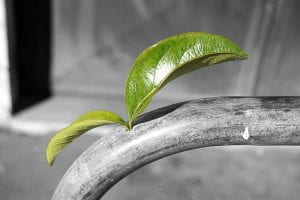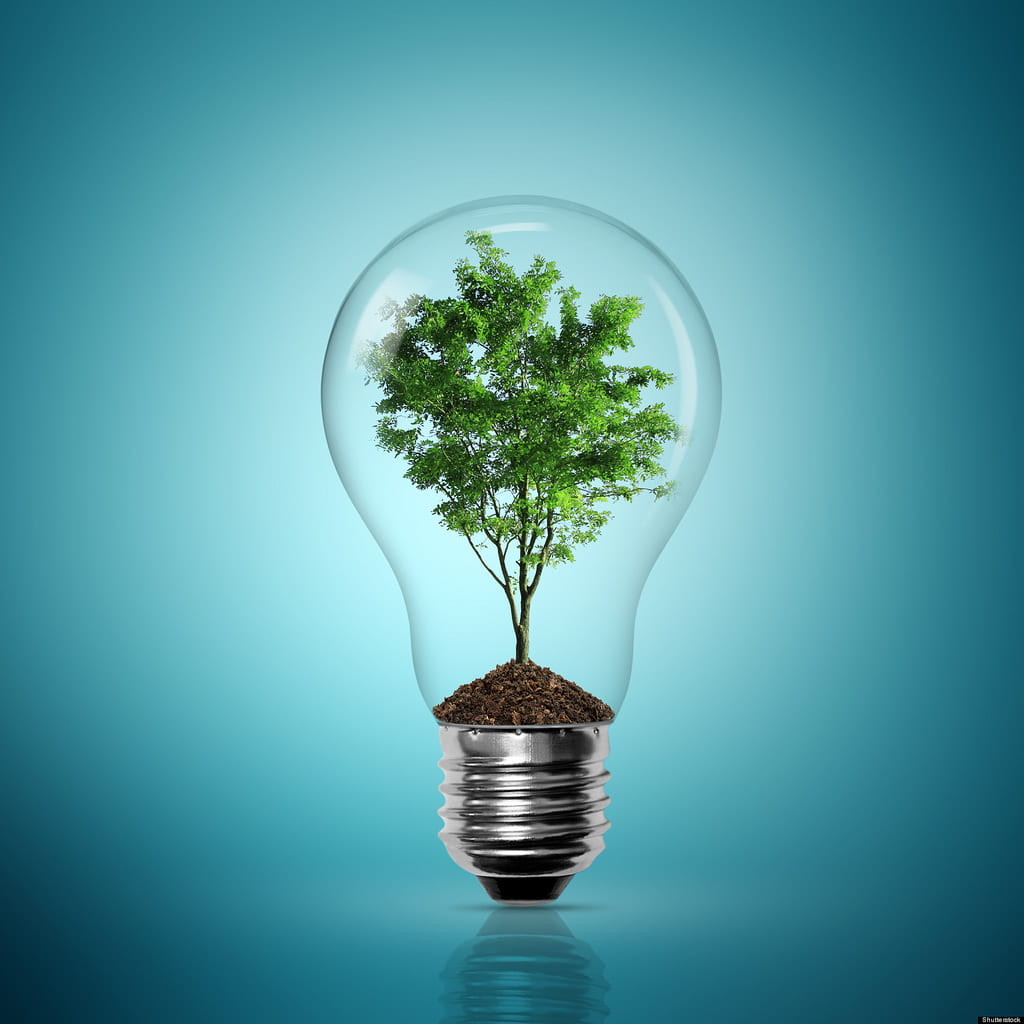
On Wednesday, April 11th at UAB Edge of Chaos, dozens of Blazers met, in the spirit of Earth Month and Earth Day (4/22), to hold a discussion titled A Conversation about Sustainability. The event centered on a faculty panel, consisting of Dr. Hessam Taherian (School of Engineering), Dr. Suzanne Judd (School of Public Health), Dr. James McClintock (Department of Biology), Dr. Tina Reuter (Institute for Human Rights), Dr. Josh Robinson (Collat School of Business), and, moderator, Dr. Shauntice Allen (School of Public Health), alongside an inspired, and vocal, student body.
Conversation began with a simple question: Why should we care about sustainability?
The conversation began as far from Birmingham as possible, in Antarctica, where Dr. McClintock conducts research, inspiring him to mention risks to the continent’s biodiversity and its resources that enable pharmaceutical innovation. Dr. Taherian asserts that with almost 7.5 billion people on this planet and counting, so it is imperative we think about our actions, especially as finite resources dissipate. Dr. Judd mentioned how she just came back from Paris, where, in recent years, often rises, and threatens to flood the heart of Paris.
Discussion then turned to Alabama, where raining has increased, resulting in river erosion. Although the effects in Birmingham are minimal, as hurricanes travel through warm water, their strength compounds and influences greater threats to our environment and communities.
When discussing resource distribution, the tragedy of the commons became an immediate talking point — a scenario where individual actors are capable of taking a resource with no clear owner, leading to its depletion. This concept was then related to big hunting in Africa because no one owns the wildlife; therefore, excessive hunting practices have guided many species to their endangerment. Since human behavior was addressed, conversation quickly shifted toward a human rights perspective, demonstrating sustainability’s impact on conflict and displacement of vulnerable communities, namely poor and indigenous persons. The Universal Declaration of Human Rights, an international document that aims to protect security of the person, was proposed as a framework to protect these communities. However, no legal mechanisms are yet in place to protect “climate refugees”, a growing phenomenon.
Following, concerns from the crowd asked if we’ve reached the point of no return. Without hesitation, it was claimed we have because the Great Barrier Reef has experienced recent catastrophic loss from climate change, serving as a canary in the coalmine for what is to come.
Panelists exclaimed we need to incentive sustainability because it directs responsible behaviors. For example, in France, one is charged if they don’t bring their own grocery bags, while, in Dr. Reuter’s home country of Switzerland, she mentioned trash bags are $2 each, incentivizing sustainable behavior. Inevitable critiques of business practice then emerged, where Dr. Robinson claimed businesses are designed for sustainability, meaning accumulating costs of unsustainability will pressure enterprises to adapt. However, it was insisted major oil companies don’t want to leave their product in the ground because of it investment, pitting money against environment. Strikingly, the same researchers hired to protect the tobacco industry about the harms of smoking now help Big Oil with denying the existence of climate change.
As the topic of taxing the population entered the discussion, audience members suggested such an approach would disproportionately affect society’s poorest. Although, it was insisted taxes are not monolithic and can be tiered by income brackets. In addition, the groundswell of communities pressuring the Chinese government to clean the polluted air was mentioned. This generated conversation about the multi-stakeholder process that has been excluded from many environmental decisions, leading to a strong suggestion for non-state actors to be included in such discussions.
When formal discussion ended, students forwarded more insightful questions to the panel, which many responses resulted in conversation about behaviors such as beef consumption, sustainable transportation, Styrofoam cups and the importance of not being aggressive when discussing sustainable behaviors with others. As the lively dialogue ended, it was clear that UAB is the largest electricity consumer in the state, inside a city with poor transportation, and represents a state with some of the nation’s greatest solar potential, meaning Blazers are in the unique position to participate in a global cause by leading local initiatives that advocate for a greener, more sustainable community.

